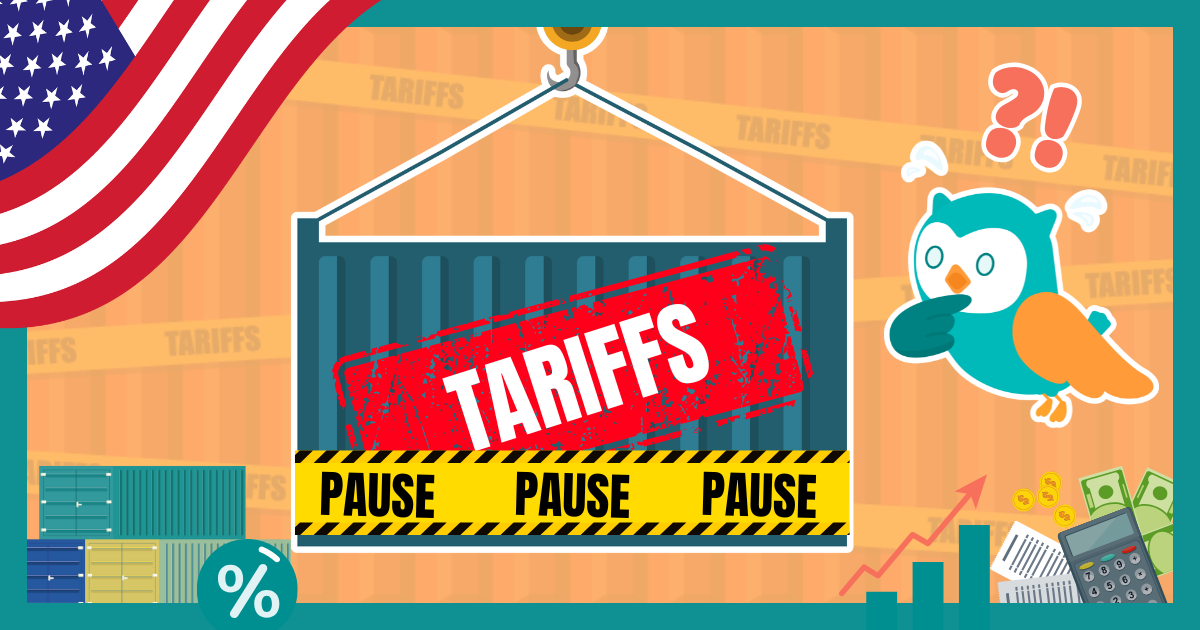Note: It was announced in November 2023 that MoneyOwl will be acquired by Temasek Trust to serve communities under a re-purposed model, and will move away from direct sale of financial products. The article is retained with original information relevant as at the date of the article only, and any mention of products or promotions is retained for reference purposes only.
______________
Whether you are just starting out in your career or are approaching retirement, we map out the essentials you need for financial security.
For many of us, entering the workforce comes with a whole host of challenges. Apart from learning how to navigate the complexities of the workplace, we also have to grapple with things such as buying insurance plans, figuring out the national annuity system CPF, and trying to find ways to grow our money. It can be overwhelming trying to manage it all on your own!
Not to worry. No matter which stage of your career you are at, you can use this handy guide to ensure that you are on track to a secure financial future.

When you first start working, a good habit to cultivate is to always pay yourself first. Before paying your bills and spending on expenses, channel a portion of your income towards savings. Although this figure can vary depending on your financial goals, it’s a good idea to save at least 10 to 15 per cent of your monthly income – excluding your CPF contributions. As a rule of thumb, you should always have at least three to six months of living expenses as cash.
Once you start earning a wage, you will also want to ensure you protect your income and your ability to earn. This is where insurance comes in. It’s important to get insurance when you are young, as the premiums tend to be lower. However, as you get older, you might develop health problems that make insurance more costly or even disqualify you from purchasing a plan.
In your 20s, the four main types of insurance you will need are an Integrated Shield Plan, critical illness coverage, disability insurance and hospitalisation insurance.
An Integrated Shield Plan acts as a rider to the national MediShield Life plan. It helps cover the treatment expenses for pre- and post-hospitalisation for up to a pre-determined number of days.
Critical illness coverage delivers a payout should you be diagnosed with serious conditions like cancer, stroke, or heart attack.
Disability Insurance pays out a significant portion of your income if you cannot work due to an accident or illness.
Finally, a good hospitalisation plan is compulsory to help pay for any unforeseen hospital bills.

After becoming a parent, you will also need to get a term life insurance plan that provides death benefits. This provides your family with a form of financial protection when you are no longer around and ensures their living expenses, repayment of loans and provision for their future education needs are all covered.
When your child is born, you should also look into getting a suitable hospitalisation insurance plan to offer financial protection against unforeseen medical expenses. You may also want to consider a small insurance plan that pays out in the event your child contracts a serious illness to give you the option to stop working to look after your child and pay for alternative treatment.
From age 30 onwards, you should also have a long-term care plan to cover caregiving costs if you cannot live independently because of functional difficulties. This is above and beyond CareShield Life, the national long-term care insurance provided to all Singaporeans and Permanent Residents aged 30 and above. CareShield Life pays a monthly benefit of about $600 per month in the event of severe disability, but if you would like to supplement this, you can consider getting a Long-Term Care Plan from a private insurer.

Now that you have built a strong foundation for yourself and your family, it’s time for you and your spouse to start thinking seriously about your golden years. You should have amassed quite a healthy sum in your CPF account by this stage of your career. CPF Life is our national annuity scheme that comprises contributions from yourself and your employer and is meant to provide you with a monthly stream of lifelong income from your payout age. Therefore, it should form the foundation of your retirement income, ensuring you have enough to fund a basic level of retirement lifestyle.
If you would like to enjoy a more comfortable retirement, you can make your money work harder for you during your income-generating years. One way to grow your nest egg is to invest in low-cost, well-diversified, market-based portfolios. Another is to buy a retirement income plan – these plans provide a monthly payout over a fixed period but do note that the payout comprises both a guaranteed and non-guaranteed portion depending on the performance of the insurance participating fund.

As your retirement looms closer, it’s also time to think about how you would like to pass on your legacy to the next generation. It’s important to put together a wealth distribution plan with clear instructions on how you will want your assets – be it cash, property, insurance plans or investments – to be distributed. Having a will in place ensures that your loved ones will be well taken care of even when you are no longer around and minimises the risk of any potential beneficiaries being omitted from the distribution of your assets or provided with less than what you intended.
While this guide is a good reference point to see if you are on the right track on your financial journey, it goes without saying that everybody is on a different path and may have different goals or aspirations. Therefore, it’s best to sit down with a competent financial adviser who can offer you sound and unbiased advice tailored to your specific needs.





